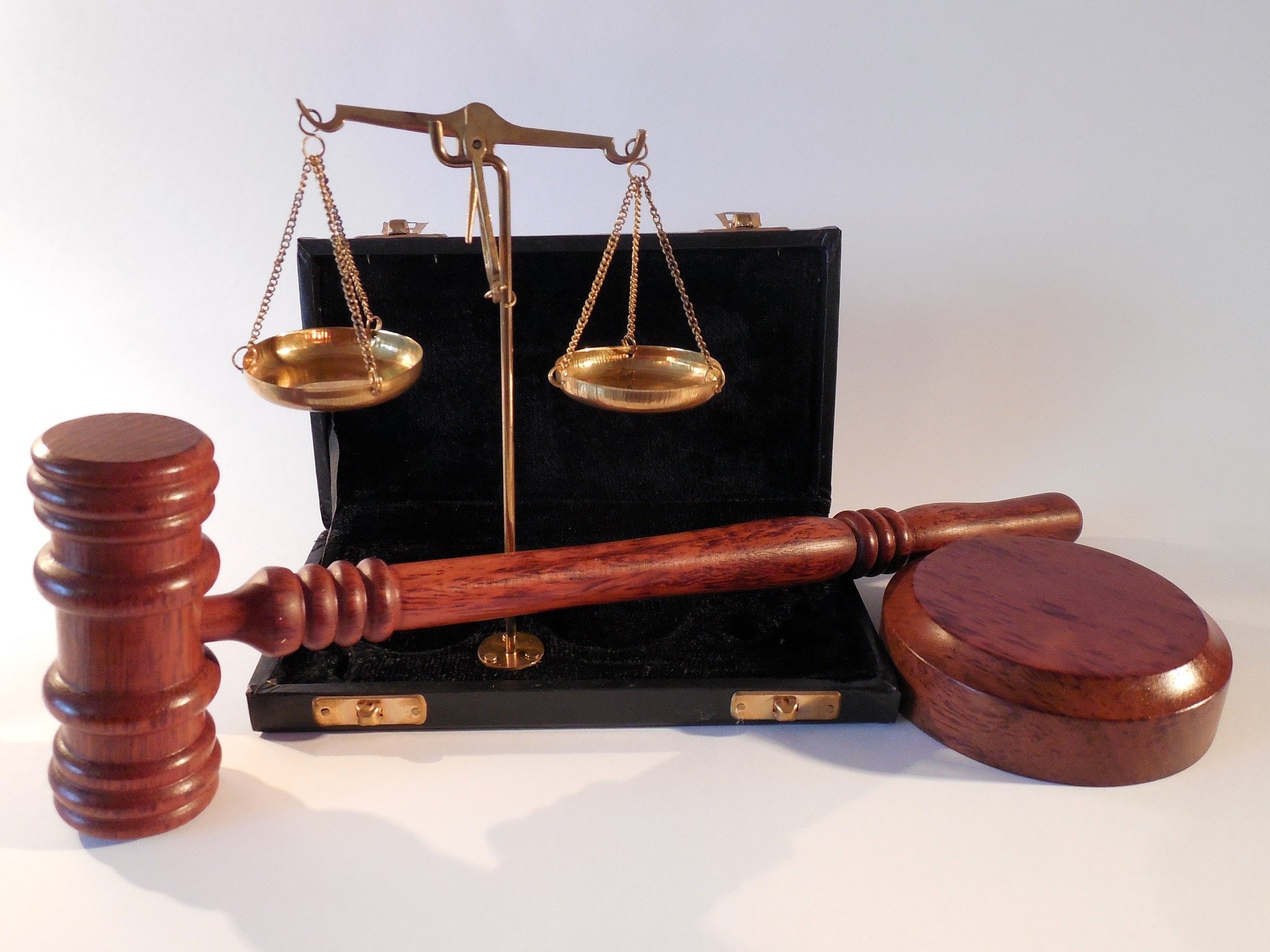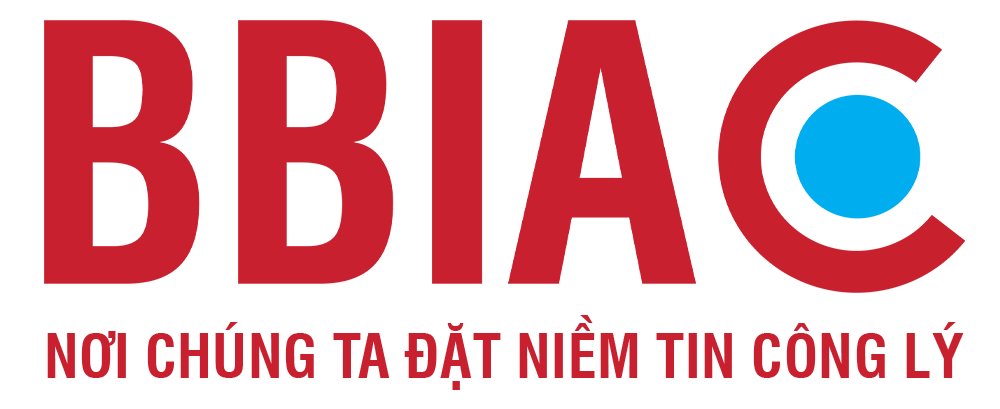The role of arbitrators in dispute resolution

1. Duties of the arbitrator
According to Article 4 of the Law on Commercial Arbitration 2010 (LTTTM), the principles for resolving disputes by Arbitration are stipulated as follows:
“1. The arbitrator must respect the parties’ agreement if that agreement does not violate prohibitions or is contrary to social ethics.
2. Arbitrators must be independent, objective, impartial and comply with the provisions of law.
3. The disputing parties are equal in rights and obligations. The arbitration council is responsible for creating conditions for them to exercise their rights and obligations.
4. Dispute resolution by Arbitration is conducted privately, unless the parties agree otherwise.
5. The arbitration award is final.”
In addition, the rights and obligations of the Arbitrator are stipulated in Article 21 of the LTTTM as:
“1. Accept or decline dispute resolution.
2. Independence in resolving disputes.
3. Refuse to provide information related to the dispute.
4. Receive remuneration.
5. Keep the content of the dispute you resolve confidential, except in cases where information must be provided to competent state agencies according to the provisions of law.
6. Ensuring impartial, quick and timely dispute resolution.
7. Comply with professional ethics rules”
Based on the above provisions, it can be inferred that the Arbitrator’s duty is to respect the parties’ agreement if it does not violate prohibitions and social ethics; Resolve disputes independently, objectively, impartially and in compliance with the law; ensure equality between disputing parties; keep dispute information confidential, unless it must be provided to competent state agencies; Resolve disputes non-publicly unless otherwise agreed; make a final judgment; ensure disputes are resolved quickly and promptly; and receive compensation for their work.
2. Criteria for selecting arbitrators
According to Article 20 of the 2010 Commercial Arbitration Law, to become an Arbitrator, one must meet the following standards:
– Have civil act capacity according to the provisions of the Civil Code;
– Have a university degree and have worked in a field of study for 5 years or more;
– In special cases, although experts do not meet the requirements of having a university degree and having worked in the field of study for 5 years or more, they have high professional qualifications and experience. Practitioners may also be elected as Arbitrators.
– In addition, the Arbitration Center may also require higher standards than the above requirements for its Arbitrators.
In addition, there are people who meet all the standards to become Arbitrators, but if they fall into one of the following cases, they cannot become Arbitrators:
– People who are Judges, Procurators, Investigators, Executors, civil servants of the People’s Court, People’s Procuracy, Investigation Agency, Judgment Enforcement Agency;
– People who are suspects, defendants, people who are serving a criminal sentence or have completed their sentence but have not had their criminal record erased.
3. The role of the Arbitrator in the resolution stages
Arbitrators play an important role in three main stages of the dispute resolution process. Before initiating the arbitration process, the parties may select their own arbitrator or request one to be appointed, and the arbitrator will help establish the rules, procedures, including timetable, location and language used. During the arbitration process, the arbitrator conducts meetings, ensures the parties are presented fairly and effectively, manages and evaluates evidence and arguments, as well as resolves procedural issues. arise such as requests to suspend, postpone or continue the meeting. After the arbitration process ends, the arbitrator makes a final award based on the evidence and arguments presented, explains the award if necessary and assists the parties in implementing the award, including Resolve disputes arising from the implementation process.
4. How to resolve disputes using BigBoss International Commercial Arbitration Center
To resolve disputes by commercial arbitration at BBIAC. Customers can write in the contract one of the following two contents:
4.1. Model arbitration clause
“Any dispute arising out of or related to this contract will be resolved by arbitration at the BIGBOSS International Commercial Arbitration Center (BBIAC) according to the Arbitration Rules of this Center”.
In addition, the parties may add:
(a) the number of arbitrators is [one or three].
(b) the place of arbitration is [city and/or country].
(c) the law applicable to the contract is [ ].*
(d) the arbitration language is [ ].** Note: *
Only applicable to disputes with foreign elements **
Only applies to disputes with foreign elements or disputes in which at least one party is a foreign-invested enterprise.
4.2. Model arbitration clause applicable to summary proceedings
“Any dispute arising out of or related to this contract will be resolved by arbitration at the BIGBOSS International Commercial Arbitration Center (BBIAC) according to the Arbitration Rules of this Center. The parties agree that the arbitration proceedings will be conducted in accordance with the Simplified Procedures set out in Article 37 of the Arbitration Rules of BBIAC.”
In addition, the parties may add:
(a) the place of arbitration is [city and/or country].
(b) the law applicable to the contract is [ ].*
(c) the arbitration language is [ ]. **
Note:
* Only applies to disputes with foreign elements
** Only applies to disputes with foreign elements or disputes where at least one party is a foreign-invested enterprise
